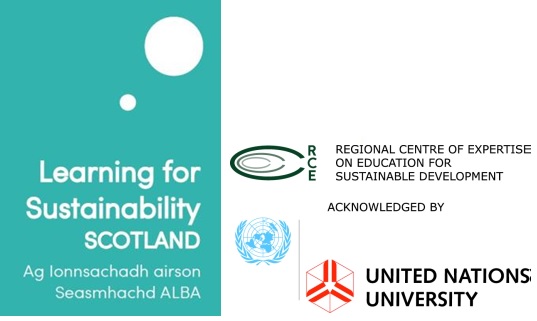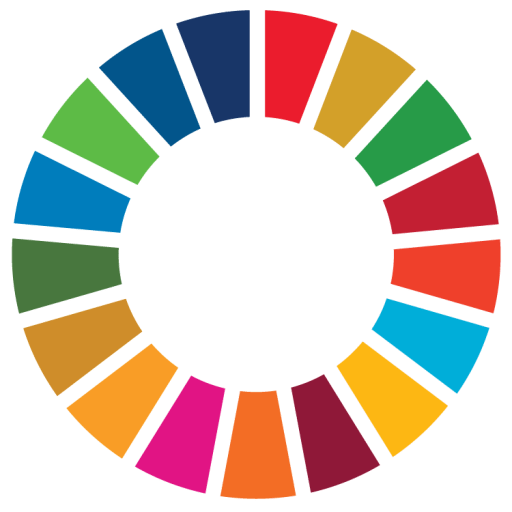RCE Global Webinar #2 2021
Tuesday 08 June 2021
08:00 – 10:00 BST (i.e. GMT +1)

1. Why did we hold this webinar?
This webinar was the second of two ‘bridge’ events between the 2020 RCE Regional Meetings and the RCE Global Conference, which will be held from 16-18 November 2021.
It :
- Enabled and sustained collaborative conversations across the RCE Network
- Launched the new Roadmap for the RCE Community 2021-2030
- Shared and celebrated good practice regarding climate-related activity from across the RCE community
- Explored how we take action on the UNESCO ESD Roadmap through the ‘lens’ of climate-related activity as we approach COP26.
2. Event recordings
- i. Welcome and introduction: Dr Akio Takemoto from UNU-IAS and Dr Rehema White from RCE Scotland welcome delegates and share the Agenda.
- ii. ‘The Future We Want’: Edward Chidombe Msiska and Emily Farquhar share their vision of a sustainable future.
- iii. ‘Launching the RCE ESD 2030 Roadmap’: Dr Jonghwi Park from UNU-IAS shares the new RCE Roadmap
- iv. Five RCEs share examples of good practice linking climate change and the Five Priority Action Areas of the UNESCO ESD 2030 Roadmap:
- Advancing Policy: RCE Dobong-Gu: ‘Creating ESD textbooks with government, schools and citizens‘
- Transforming Learning Environments: RCE Cebu: ‘Community-Based Education for Sustainable Development: Preservation of Indigenous Knowledge in Mangrove Protection and Conservation – a Climate Action‘
- Building Capacities of Educators: RCE East Midlands: ‘Cross-sectoral carbon literacy training’
- RCE Ogun: ‘Empowering and mobilising youth for climate action’
- RCE Salisbury: ‘Coming together for sustainability: meeting the goals of the Agenda 2030’
- v. Breakout Session: Dr Rehema White shares details of the Breakout Sharing Session.
- vi. Plenary and Closing Remarks; Dr Rehema White shares a summary of the Breakout Sharing Session and closes the event.
3. Pre-Event materials
a. Agenda and welcome
- The Agenda for the Webinar can be viewed and downloaded here.
- The official welcome from Dr Akio Takemoto, UNU-IAS, can be viewed here.
b. Pre-webinar briefings & reading
i. Further reading:
- UNESCO ESD 2030 Roadmap
- View the overview of the Roadmap given in the February webinar by Ms. Won Jun Byun from UNESCO.
- ‘Tackling Climate Action at the Local Level: Education for Sustainable Development Projects from the Global RCE Network’
- RCE Climate Projects during the Global Action Programme.
ii. Additional examples of RCE activity linking climate change and the Priority Action Areas of the UNESCO ESD 2030 Roadmap:
1. Advancing policy:
- RCE Wales: ‘Advancing the circular economy’
2. Transforming learning environments:
- RCE Ruhr: ‘Pocket Gardens’
- RCE North Rift: ‘Clean water and sanitation’
3. Building capacities of educators:
- RCE Ostwuerttemberg: ‘Systems thinking’


